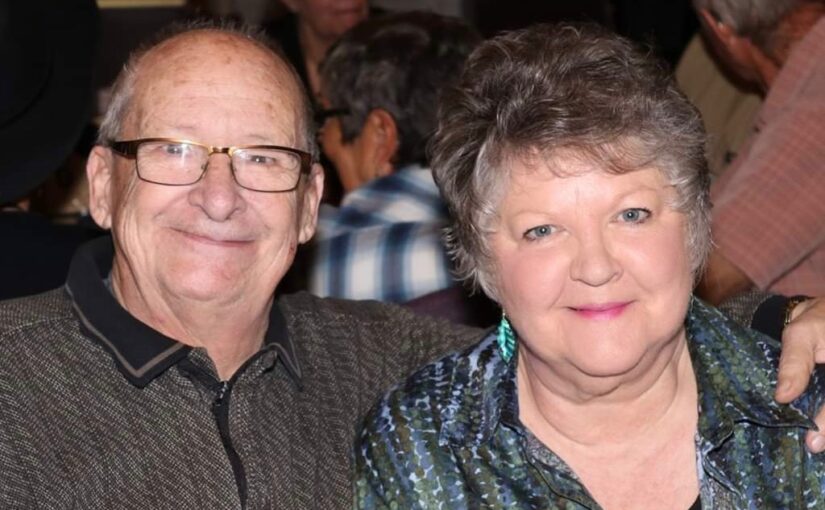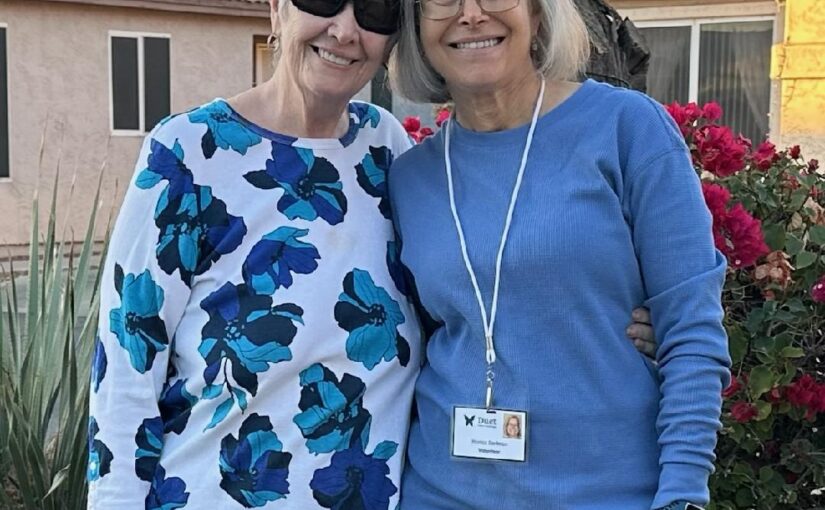CAREGIVERS, Elaine Poker-Yount
To Dementia Care Partners – Stop Arguing: Focus on Winning the War not Fighting the Battles

If you find yourself arguing more than you used to about really normal or stupid things, or it’s taking much more time to accomplish everyday tasks, and you just find yourself frustrated because things are erratic, take a step back and breathe. Yes, this is common with dementia, but many conditions can make someone seem stubborn or inflexible. These include serious illnesses (stroke, heart attack, cancer), grief, changing health or mobility related to aging, depression, medication side effects, fear of change, or simply being scared of what’s next. The list goes on.
People experiencing such changes may latch onto specific ideas or routines, seeing them as the only viable options. As we age, it’s common to become set on particular ways of doing things, whether or not they’re the wisest choices. As a care partner, we often perceive these behaviors as irrational because they don’t align with our sense of reality.
Now care partners find themselves stuck in stubborn stalemates—on both sides. Someone wants to be “right.” We spend significant time and energy trying to help our people see and understand our perspective so they can agree with us and move in our direction. The continuous argument reigns. Sound familiar?
The personal physical, chemical, and emotional changes your partner may be experiencing can impair their ability to see things from someone else’s perspective. It’s not that they’re unwilling; they may be physiologically unable to do so because the part of their brain responsible for this function has been damaged, either temporarily or permanently. Their brain might also be in self-protection mode, further limiting their ability to process another viewpoint.
As care partners with healthy brains, we often function from a place of logic. However, if you find yourself in this space where your partner’s reasoning no longer works, stop. Time out. Notice. This is a signal that it’s time to reassess your approach.
Look at your partner from a different lens. As we enter a new year with its “fresh start” mentality, you may find yourself thinking, “I can do better. I won’t get so upset. I’ll be more patient.” Or perhaps even, “I’m done with this. If you can’t see you’re putting yourself in harm’s way, you’re on your own. I can’t do this anymore.” These thoughts are completely normal. You’re not alone in having them. We often expend so much energy trying to get those we care for onto our page, our agenda. Instead, try stepping into their shoes. How would you want to be treated?
Learning what’s happening in someone’s brain helps us approach them with greater patience, change the narrative, and allow them to emotionally inhabit a space where they feel most comfortable. This shift not only provides them with a sense of emotional safety but also prioritizes their comfort and individuality. By letting go of the expectation that they should do things “the way they used to,” we create a space where they can truly be themselves and feel loved. We’re less frustrated too and now, we’re winning the war!
By Elaine Poker-Yount
Elaine Poker-Yount is an Aging and Dementia Care Educator/Specialist at Successful Aging AZ. Her columns are featured monthly in The Arizona Republic.



